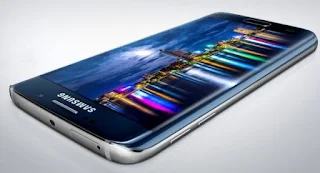The Promethium APT, additionally refered to as StrongPity, has been seen as associated with another arrangement of assaults, gambling steady introduction.
What's happening?
The exercises of the hacking gathering can be followed back to 2012 and are related with political digital undercover work. In any case, the danger entertainer is extending its span and endeavoring to contaminate casualties across different nations, rather than concentrating just on Turkey and Syria. As per the as of late gathered examples, the objectives have a place with Vietnam, Cambodia, India, and Canada. Besides, four trojanized arrangement records have been spotted, including Firefox, 5kPlayer, DriverPack, and VPNpro.
About the trojanized installers:
A custom, carefully marked bundler or dropper is utilized that joins the vindictive components, alongside the genuine programming.
The encryption shifts from installer to installer, despite the fact that the key length stays unaltered.
As indicated by perceptions by Bitdefender, it is accepted to be a state-supported gathering.
The IOCs related with it very well may be found here.
How can it work?
The gathering's Comand and Control (C2) servers contain three foundation layers: intermediary servers, VPNs, and IP addresses accepting sent information. An aggregate of 47 servers were followed with different functionalities.
Around 30 C2 servers have been related with the danger entertainer's profoundly modern malware - StrongPity3.
The gathering focuses on a higher number of casualties by reinforcing its toolbox by means of the utilization of new trojanized arrangement documents that send the StrongPity3 malware.
The main concern
Most importantly Promethium APT is a strong danger entertainer since it has not been curbed much after rehashed introduction. They appear to be resolved to accomplish their crucial appeared by their ongoing assault battles. In view of the attributes of the gathering uncovered up until this point, a few specialists trust it to be a country state-upheld activity.











